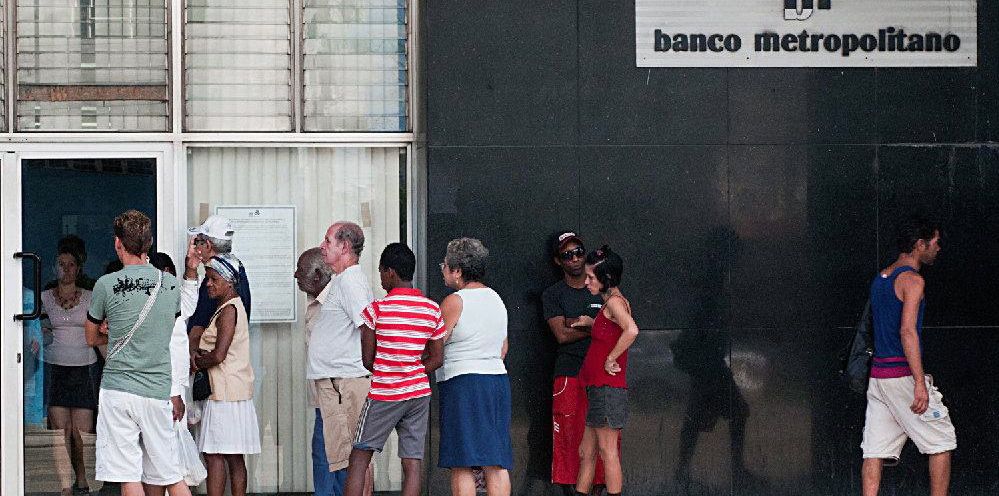
Microbusiness owners can now apply for microloans
Self-employed entrepreneurs who need startup money can apply to banks for loans as small as 38 dollars instead of the previous minimum of 113 dollars, the Central Bank of Cuba has announced.
That’s 1,000 Cuban pesos (CUPs) instead of the previous 3,000 CUPs, at the current rate of exchange.
The purpose of the Central Bank resolution, reported Saturday (28) in the Cuban newspaper Juventud Rebelde, is “to alleviate tensions among [entrepreneurs] who fear to get too deep in debt and don’t have sufficient guarantees to back their loan application, or think that their project won’t be sufficiently profitable to deserve larger loans, so they prefer to move forward a little at a time, one penny at a time.”
Startup loans must be repaid in 18 months, but loans made for capital investment will have a longer deadline – 10 years, instead of the current 5 years.
In exceptional cases, bank presidents may grant even smaller loans repayable in a longer period. The participating banks include the Credit & Commerce Bank, the People’s Savings Bank, the Metropolitan Bank and others authorized by the Central Bank.
The Central Bank’s decision — known as Resolution 88 — is a way to encourage entrepreneurs to turn to the banks for financial assistance, Juventud Rebelde says.
“Very few ‘cuentapropistas’ [self-employed workers] and workers in other forms of non-state labor have been motivated enough to turn to the banks to apply for something that is extremely common anywhere else in the world,” the daily says.
“Non-state labor” is a euphemism for “private enterprise,” a term shunned by the official press.
According to the official website Cubadebate, as of Nov. 6, bank loans had been granted to only 550 self-employed entrepreneurs engaged in various activities. Food vendors accounted for one third of the loan applications.
That number is a small portion of the 218,400 loan applicants who borrowed 1.77 billion CUPs between December 2011 and December 2013, the newspaper points out. Most of those applicants needed the money for housing construction.
The banking industry seems eager to attract microbusiness owners.
Juventud Rebelde quotes an unnamed banking executive who appeared on a televised panel show in November as saying that “as far as self-employed workers are concerned, we still have much to do to link up with that segment of clients, to offer them all the banking services made available to them, which can be very useful in their endeavor.”
After many interviews and surveys designed to “learn their needs and expectations regarding the bank, so we may satisfy them, we have decided to make some conditions flexible, in line with the characteristics of our financial operations,” the banker is quoted as saying.

